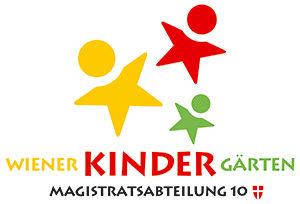Pedagogical Concept
Important aspects
Individual support: Each child is perceived with its individual needs and taken seriously.
Emotional security: Respectful handling of the emotional expressions of the children is a central concern in day-to-day childcare. A prerequisite for this is a climate of appreciation and recognition of the needs and interests of the children.
Clear, simple group rules: Children need a clear and manageable framework to feel safe. Simple rules are learned step by step to create the basis for harmonious community building. A child-friendly conflict support plays an important role in this.
Ritualized organization of the daily routine: The daily structure should give the children security and security. In this way, the children develop a fundamental confidence in the day-to-day care routine.
Practice of social skills: The children’s group offers the children the opportunity to meet with other children, to experience community and to experience consideration in dealing with each other.
Encouraging independence: Practical life skills are practised step by step at the pace of the children. The carers provide assistance as long as the children need it.
Pedagogical impulses for language promotion: The pedagogues create a language-promoting atmosphere and use everyday situations as well as targeted educational offers to promote language development.
Promoting creativity and motor skills: Creativity is encouraged and motor skills trained in painting and kneading, dancing and gymnastics as well as in playing. Essential developmental steps are supported in a playful way.
Research and discovery: Children are researchers and discoverers, they explore the world for themselves. The carers support the children in dealing with their own environment and in pursuing their natural urge to explore. The carers’ task is to create opportunities for observation and experimentation in order to awaken the spirit of research and curiosity in a playful way.

